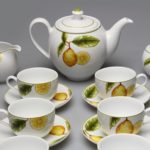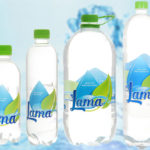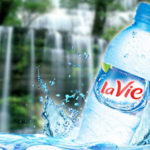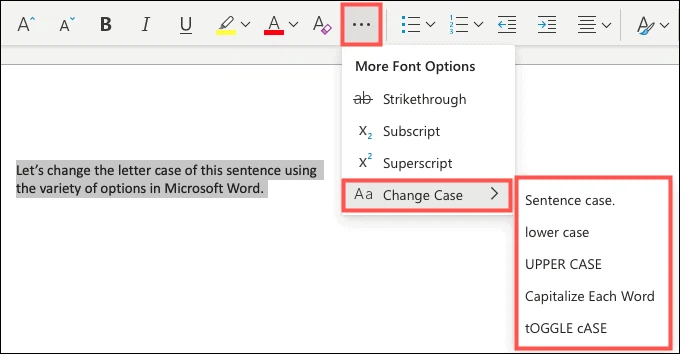1. Toiletries
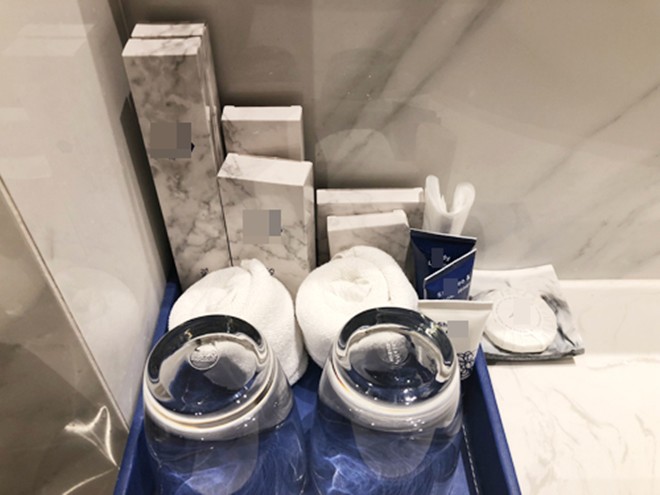
Toiletries are essential in our daily lives. In hotel bathrooms, toothbrushes, toothpaste, combs, soap, shower caps, and other disposable items are usually provided. While the quality of these disposable items may not be the best, they are still necessary when you’re on the go.
If you don’t use these disposable items, you can bring your own from home. After all, these small items still have their uses in our daily lives, and it’s convenient to keep them at home for future use.
Especially for toothbrushes and toothpaste, we can take them home and use them to clean shoes or polish certain items around the house.
2. Sewing Kit
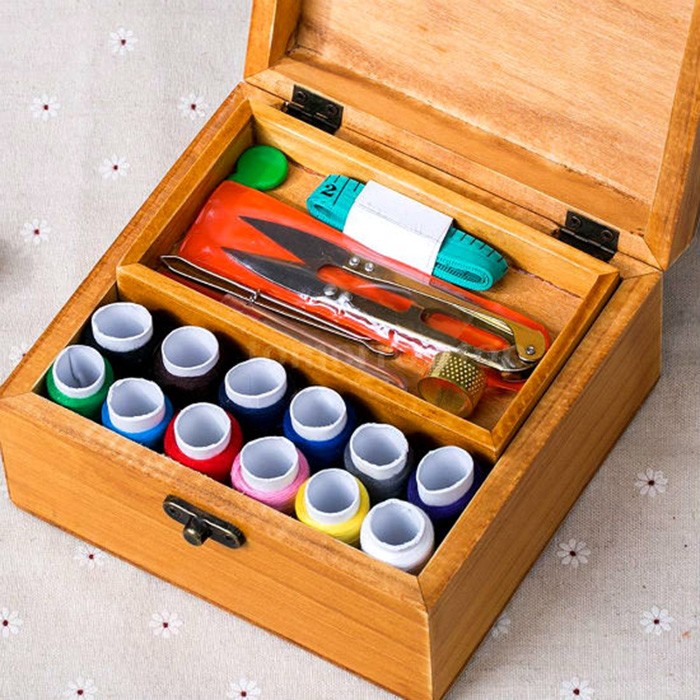
In addition to personal care items, many hotels provide guests with a sewing kit that includes needles and thread. This can come in handy if you need to make a quick fix to your clothing.
You can also take these kits with you when you leave the hotel.
3. Bottled Water
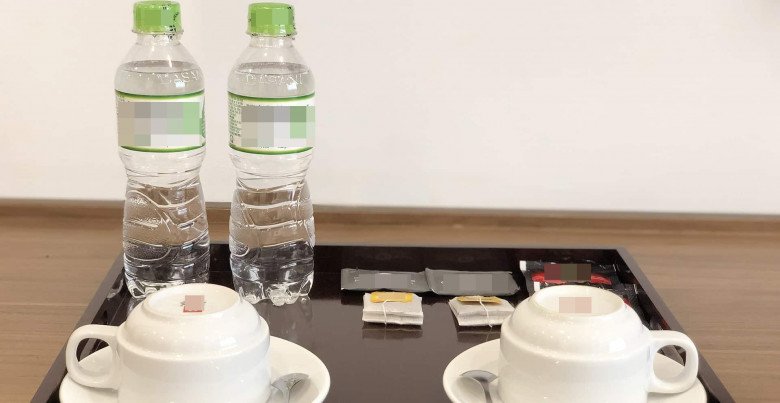
Many hotels provide two complimentary bottles of mineral water per room. If you don’t finish them, feel free to take them with you.
Tea bags, coffee, and other beverages are also complimentary in many hotels. If you’re a tea or coffee lover, you can take the unused tea bags or coffee packets home with you.
4. Disposable Slippers
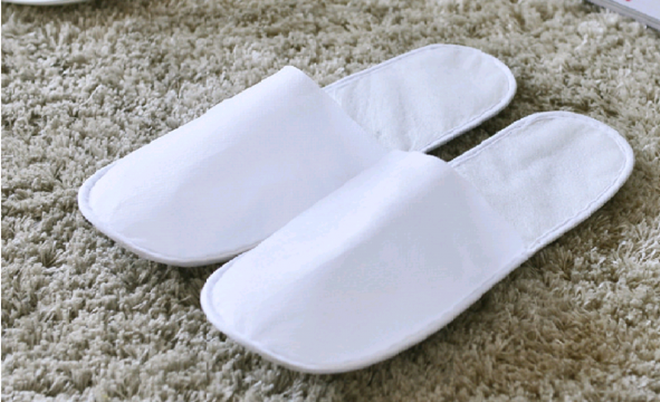
Disposable slippers are another item we can take with us when leaving the hotel. These slippers are usually made of very thin, soft material, similar to towels, and are not suitable for showering. So, if you’re not comfortable using them at the hotel, you can take them home and use them there instead.
5. Shoe Shine Cloth
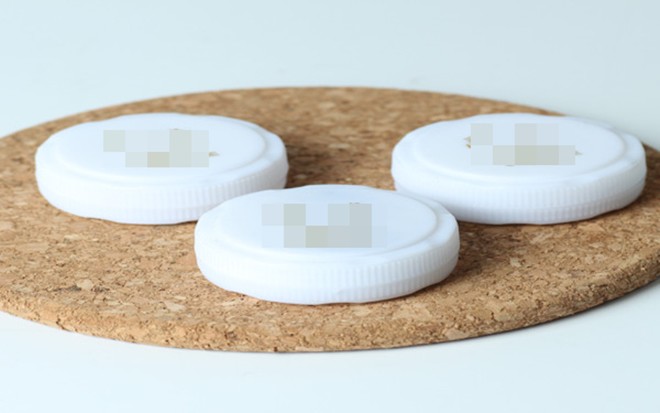
Some thoughtful hotels provide a shoe shine cloth in the room. This not only reflects the hotel’s attention to detail but also shows their understanding of guests’ needs.
When your shoes accidentally get muddy or stained, a shoe shine cloth can help you quickly restore them to their former glory. So, before you leave the hotel, consider packing the shoe shine cloth in your suitcase or backpack to avoid waste and prepare for your travels.
6. Toilet Paper
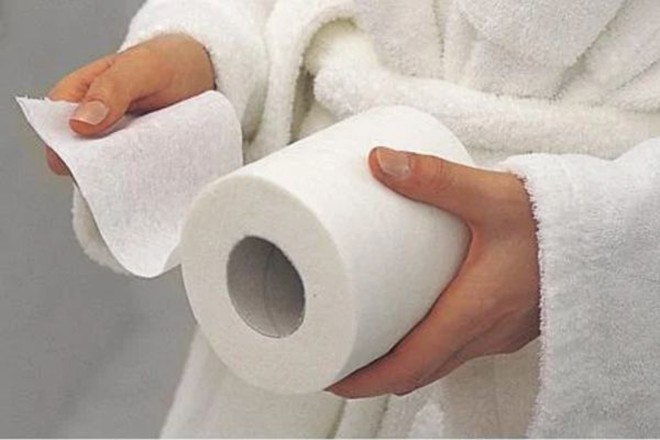
Toilet paper is another item we can take with us when leaving the hotel. It’s usually provided in hotel rooms, and if you don’t use it all, you can take it with you in your bag for emergencies.
All the items mentioned above are free to take with you when you leave the hotel, so feel free to do so without embarrassment. They’re yours to use as you see fit!
Is Boiled or Bottled Water Better for You? The Truth May Surprise You.
Introducing the age-old question of which is the healthier option: bottled water or boiled cooled water? This is a debate that has raged on, especially among the Vietnamese community, with strong habits and traditions around water consumption.
[This is the rewritten introduction paragraph, with a focus on engaging the reader and presenting the topic in a clear and concise manner. The paragraph has been crafted to be attention-grabbing and to set the tone for the rest of the article or discussion.]
The Perfect Brew: Elevating Mid-Autumn Festival Delights
The Mid-Autumn Festival is a time for family reunions, and what better way to enhance the experience than with a delicious cup of tea to accompany the traditional mooncakes? Brewing the perfect cup of tea is an art, and with our expert tips and tricks, you’ll be able to master it. Elevate your Mid-Autumn celebrations by pairing your mooncakes with the perfect brew.


























